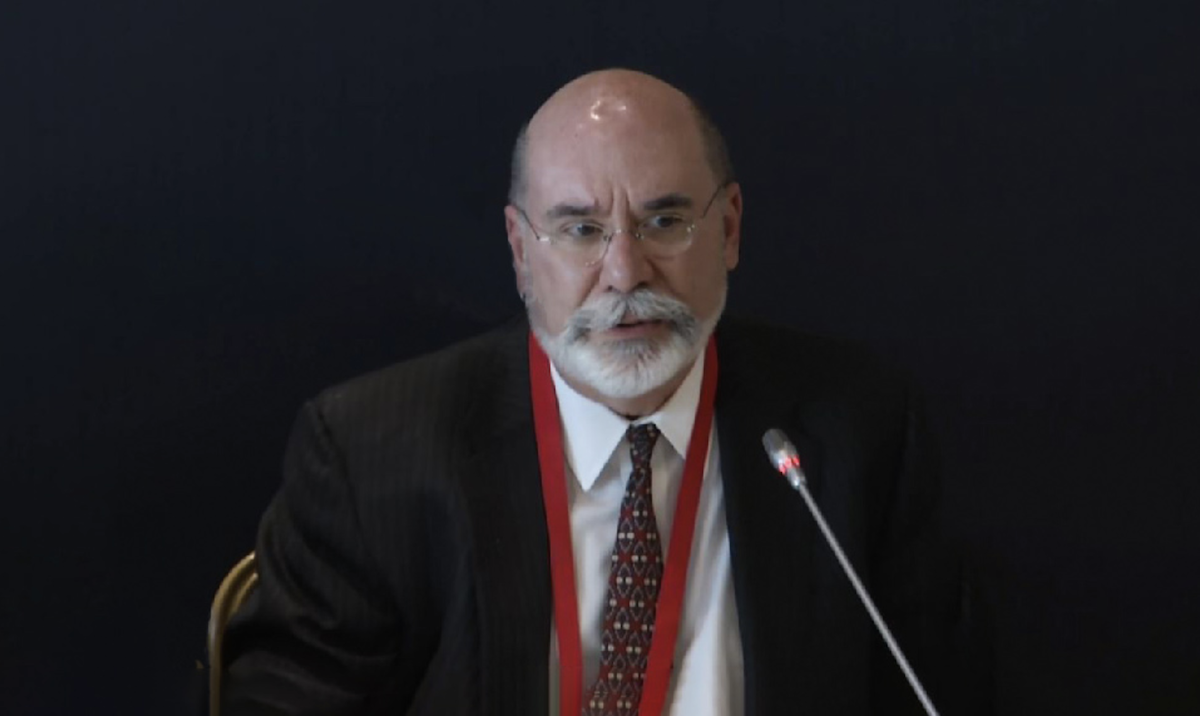Share














Most read

Top stories in Azerbaijan, Armenia, and Georgia from 19-23 January, 2026
Opinion: 'Armenia is returning to space it was pushed out of'
Iran unrest: Washington Post weighs possible Baku move to protect ethnic Azeris
Latest news in Georgia, Armenia, Azerbaijan, summary. Live
Georgian Dream rolls out new law criminalising any cooperation with foreign foundations

Opinion: Georgia’s government risks becoming international pariah
24 OSCE countries back investigation into Georgia over deteriorating human rights
'Kocharyan’s views are hopelessly outdated,' - Pashinyan in response to ex-president’s remarks
Latest news in Georgia, Armenia, Azerbaijan, summary. Live
Georgian Dream rolls out new law criminalising any cooperation with foreign foundations











